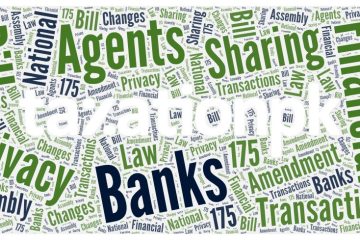The tax system in Pakistan is a complex and ever-changing system that is designed to raise revenue for the government. The system is made up of a variety of taxes, including income taxes, sales taxes, and customs duties.
While taxes are necessary for the government to function, they can also have a number of disadvantages. Some of the disadvantages of taxation in Pakistan include:
- Taxation can be regressive. This means that the tax burden falls disproportionately on the poor. This is because the poor tend to spend a larger proportion of their income on goods and services that are subject to taxes.
- Taxation can distort economic activity. This is because taxes can make it more expensive to produce goods and services. This can lead to a decrease in economic output and an increase in prices.
- Taxation can be bureaucratic and time-consuming. This is because taxpayers often have to comply with a complex set of rules and regulations. This can be a burden for businesses and individuals.
- Taxation can be unfair. This is because the tax system is often not designed to take into account the individual circumstances of taxpayers. This can lead to some people paying more tax than they should, while others pay less.
Despite these disadvantages, taxation is still an important part of the economy. Taxes provide the government with the revenue that it needs to provide essential services, such as education, healthcare, and infrastructure.
The government of Pakistan is working to reform the tax system in order to make it more efficient and effective. These reforms are expected to reduce the disadvantages of taxation and make the system more fair for all taxpayers.
Here are some additional details about the disadvantages of taxation in Pakistan:
- Taxation can be regressive. This means that the tax burden falls disproportionately on the poor. This is because the poor tend to spend a larger proportion of their income on goods and services that are subject to taxes. For example, the poor tend to spend a larger proportion of their income on food, which is subject to sales tax.
- Taxation can distort economic activity. This is because taxes can make it more expensive to produce goods and services. This can lead to a decrease in economic output and an increase in prices. For example, a tax on gasoline can make it more expensive to transport goods and services, which can lead to an increase in prices.
- Taxation can be bureaucratic and time-consuming. This is because taxpayers often have to comply with a complex set of rules and regulations. This can be a burden for businesses and individuals. For example, businesses may have to hire accountants to help them comply with the tax laws.
- Taxation can be unfair. This is because the tax system is often not designed to take into account the individual circumstances of taxpayers. This can lead to some people paying more tax than they should, while others pay less. For example, a person who lives in a rural area may have to pay more tax on their income than a person who lives in an urban area.
The government of Pakistan is working to reform the tax system in order to make it more efficient and effective. These reforms are expected to reduce the disadvantages of taxation and make the system more fair for all taxpayers.






